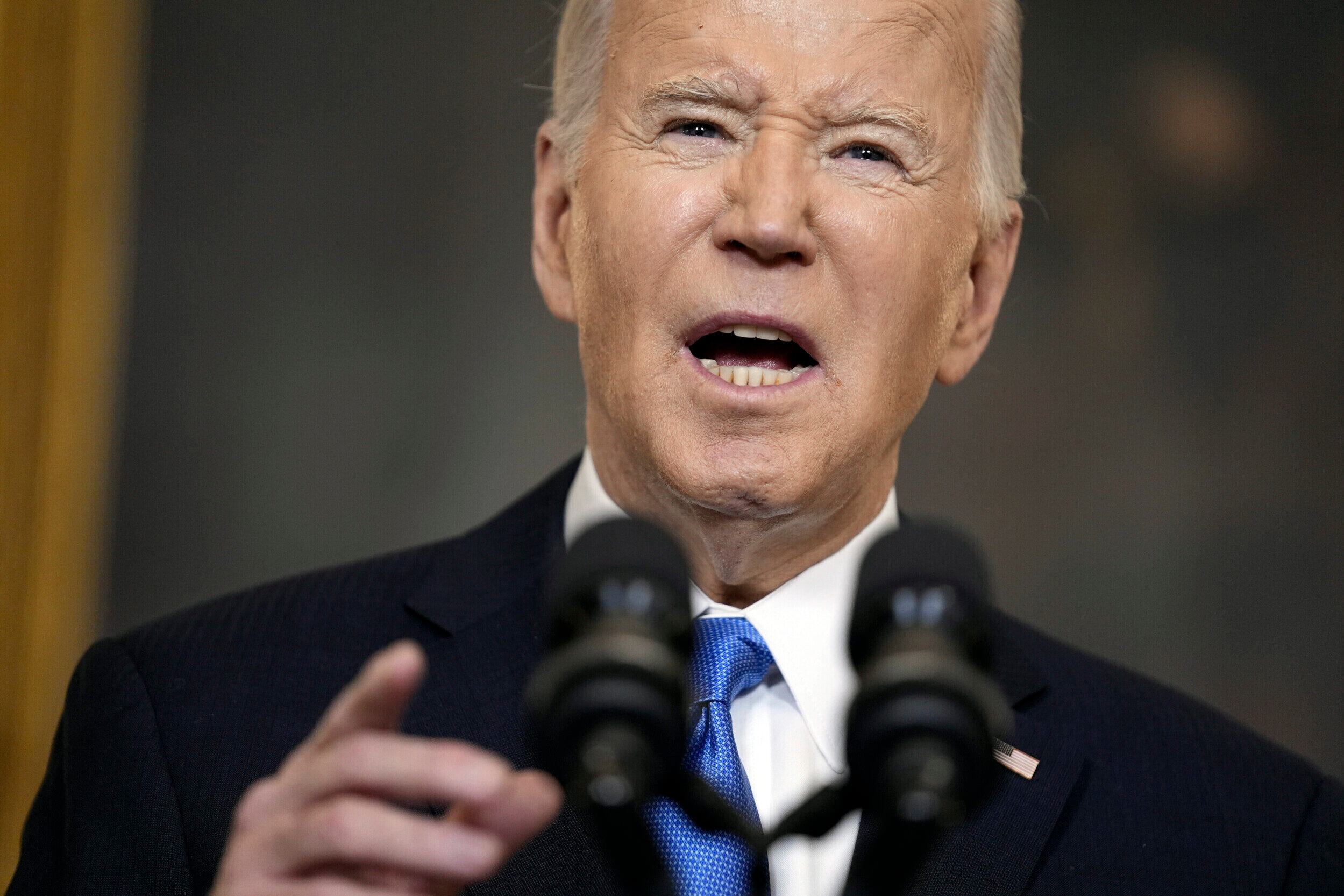A recent ABC News poll showed that 86% of Americans think President Joe Biden is too old for another term. This comes on the heels of a somewhat inflammatory special counsel report labeling the president’s memory as “hazy,” “fuzzy” and with “significant limitations.” Even Hillary Clinton said this is a legitimate issue.
Joe Biden will be 86 in 2028. Donald Trump will be 78 on election day.
This scenario provokes an interesting question: How can we verify if our leaders are fit for office?
History provides a cautionary tale.
Just over 100 years ago, America’s president was medically unfit for office, but it was hidden from the American people, altering the outcome of United States foreign policy in the 20th century.
In 1919, President Woodrow Wilson was relentlessly traveling the country, garnering support for United States entry into the League of Nations. Wilson collapsed on Sept. 25, 1919, developing signs of a significant right-sided stroke on Oct. 2, 1919, hindering him from moving his left hand or leg, known medically as hemiplegia. This was his fourth stroke and it left him incapacitated.
Wilson’s disability was so profound that he needed assistance with activities of daily living such as feeding himself. He was bedridden. He also struggled to sign his own name.
Dr. Cary Grayson, the White House physician and Wilson’s close friend, oversaw the president’s care. But Grayson acted in enormous secrecy.
Grayson had tremendous personal and professional loyalty to Wilson. He introduced Wilson to his second wife Edith. He took care of Wilson’s sister during an emergency. He was at the 1919 Paris Peace Conference with Wilson. It was largely through his relationship with Wilson that Grayson was able to obtain what is described as an unprecedented rise from Assistant Surgeon Lieutenant to Medical Director to Rear Admiral.
Would Grayson really be the one to provide the public with a diagnosis fatal to Wilson’s political career?
Wilson’s Cabinet formally met four days after Wilson’s final stroke to debate the path forward. Then-Secretary of State Robert Lansing raised Article II, Section 1 of the Constitution, allowing the vice president to substitute for president if the latter was “unable to discharge the powers and duties of his office.” Grayson refused to acknowledge or sign Wilson’s disability papers, thereby terminating any talks of potential presidential succession.
For 17 months, nearly all communication to and from the president was maintained via his wife Edith Wilson, who became the de-facto gatekeeper of the United States presidency. All messages were conferred to Wilson by his wife. Wilson communicated only to Edith, who would then relay the president’s supposed responses.
The League of Nations would prove powerless without American support, and only after World War II did the United States assume some spectrum of Wilson’s vision of Pax Americana. Yet the fact remains that Grayson kept the severity of Wilson’s stroke hidden from Congress and the American people. As my colleagues and I note in our paper for the Journal of Neurosurgery, “Patient-physician confidentiality superseded national security amid the backdrop of friendship and political power on the eve of a pivotal juncture in the history of United States foreign policy.”
Charitable interpretation ignites debate about the ethical considerations of patient-physician relationships and the real elements of friendship that develop in years of patient-physician interactions. Critical interpretation links Grayson’s meteoritic rise with that of Wilson’s power and the reluctance of the one governing to stop governing.
As Ken Thomas points out in a recent Wall Street Journal article, the snapshot of a president’s clean bill of health does not necessarily give us the complete picture. And it is this opacification that can make fitness for office difficult to separate from election theater. It's a reasonable issue to consider.
Richard Menger MD MPA is the Vice Chair of Neurosurgery at the University of South Alabama. He is the lead author of the peer-reviewed paper "Woodrow Wilson's hidden stroke of 1919: the impact of patient-physician confidentiality on United States foreign policy" in the Journal of Neurosurgery.
The views and opinions expressed here are those of the author and do not necessarily reflect the policy or position of 1819 News. To comment, please send an email with your name and contact information to Commentary@1819News.com.
Don't miss out! Subscribe to our newsletter and get our top stories every weekday morning.










